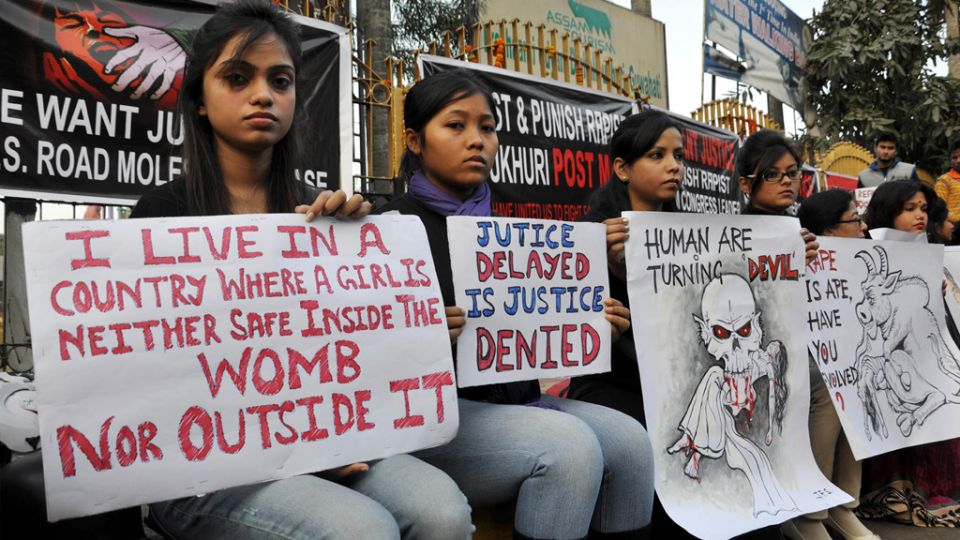April 23, 2018
After facing flak both at home and abroad, Prime Minister Narendra Modi called an emergency meeting of the Cabinet which endorsed death for child rapists.
India’s cabinet has approved the death penalty for rapists of girls below the age of 12 following public outrage over a series of sexual assaults on minors.
The horrific gangrape and cold-blooded murder of an eight-year-old Muslim shepherd girl, allegedly to drive her nomadic tribe out of a township, and the rape of an 18-year-old girl, allegedly by a Bharatiya Janata Party (BJP) legislator, drove Indians tired of the rising crimes against women on to the streets.
Prime Minister Narendra Modi’s delayed reaction to the issue – he is otherwise quick to react to developments – led to widespread protests and outrage on social media.
On April 21, Modi held an emergency meeting where the move was approved by the Cabinet. The executive order, known as an ordinance, will become law after President Ram Nath Kovind signs it.
The Cabinet also okayed measures for stronger punishment and speedy trials in rape cases. In cases of the rape of a girl below the age of 16, the Cabinet increased the minimum punishment to 20 years from 10 years. The penalty for the rape of women was also raised to 10 years from the earlier seven years.
However, media reports said there was no mention of the rape of boys or men.
India isn’t perceived as a safe country for women. In 2016, the country recorded 106 rapes a day. A large number of those raped were girls in the age group of 0 to 12 years. In 94.6 per cent of cases, the offenders were known to the victims.
Modi has been facing flak for being unable to make the country any safer for women – even though when he was seeking votes as a prime ministerial candidate in 2014, women’s safety was one of his major poll planks.
Modi, who was in Europe last week, was greeted by angry protesters holding placards asking him to make India safe for women. The Wire reported that Modi drew rare international criticism at the diplomatic level when Christine Lagarde, the head of the International Monetary Fund, publicly demanded that he do more to ensure the safety of women and girls in India.
With a general election due next year, Modi called the Cabinet meeting to undo the damage.
The last time India united against growing violence against women was when a paramedic student was brutally gangraped in a moving bus in Delhi. She later succumbed to her injuries. The four men convicted in the case have been sentenced to death.
Women’s groups have not been demanding death for rapists, but want the government to strengthen the investigation and prosecution process so that the guilty are convicted. They argue that a death penalty does not guarantee the stopping of gruesome rapes, in fact it may lead to the killing of victims.
However, the head of the Delhi Commission for Women, Swati Maliwal, was on a hunger strike demanding death for child rapists. She ended her 10-day strike calling the ordinance “historic”.


